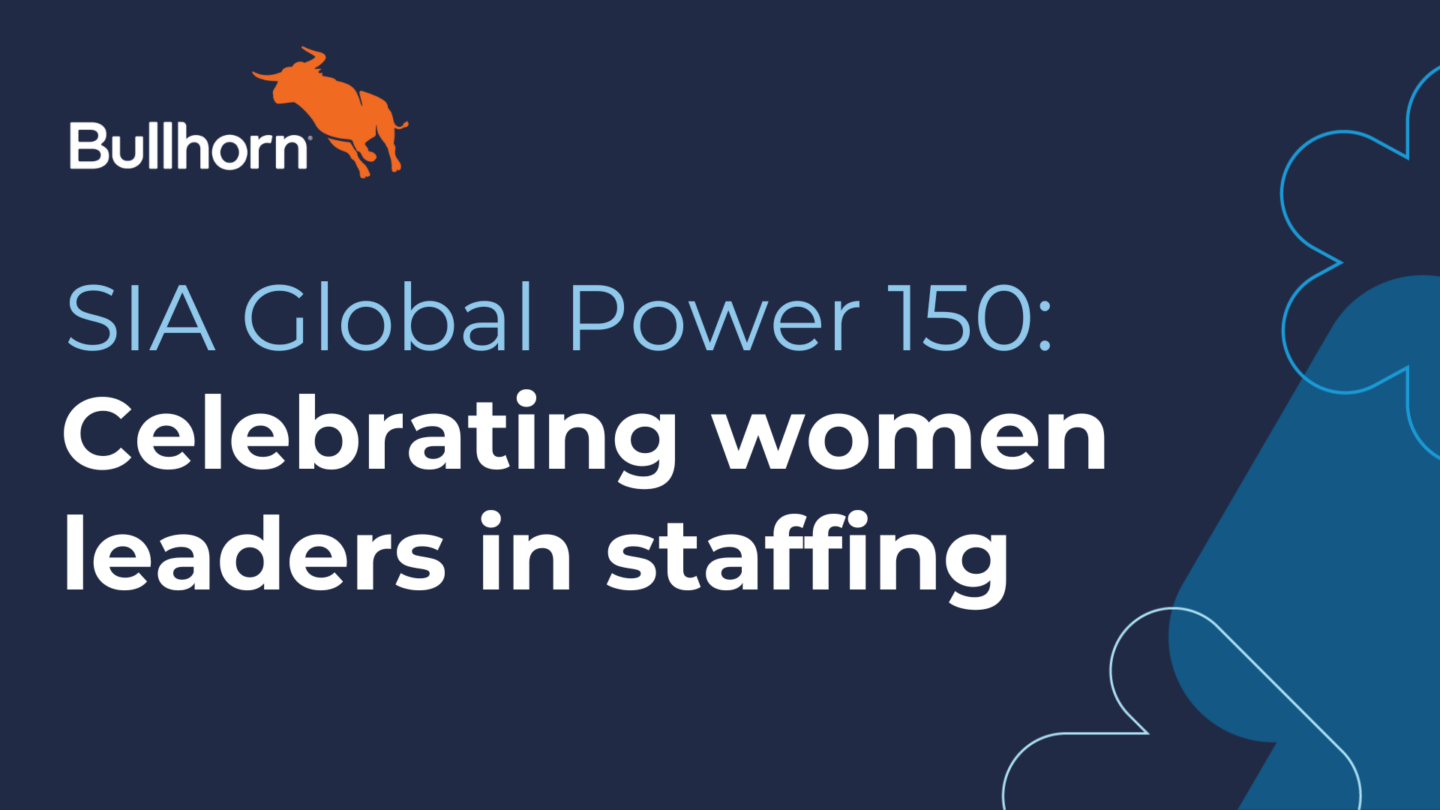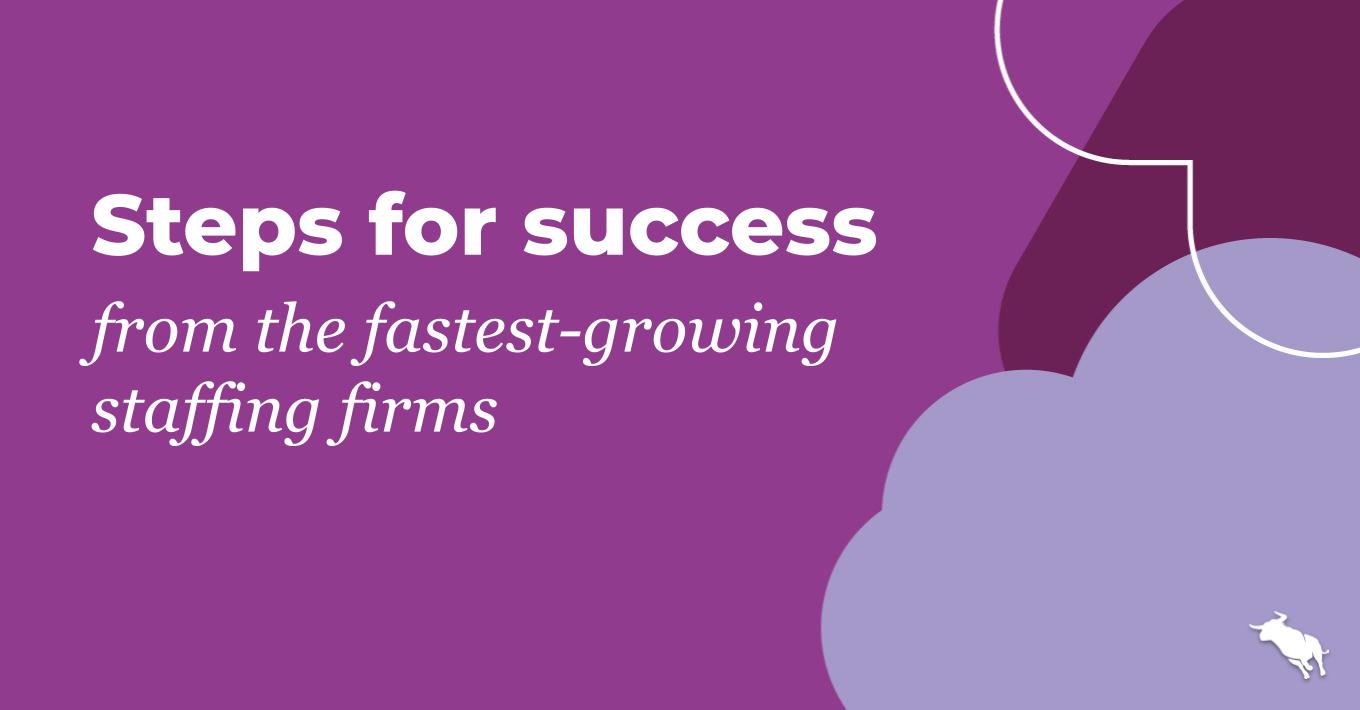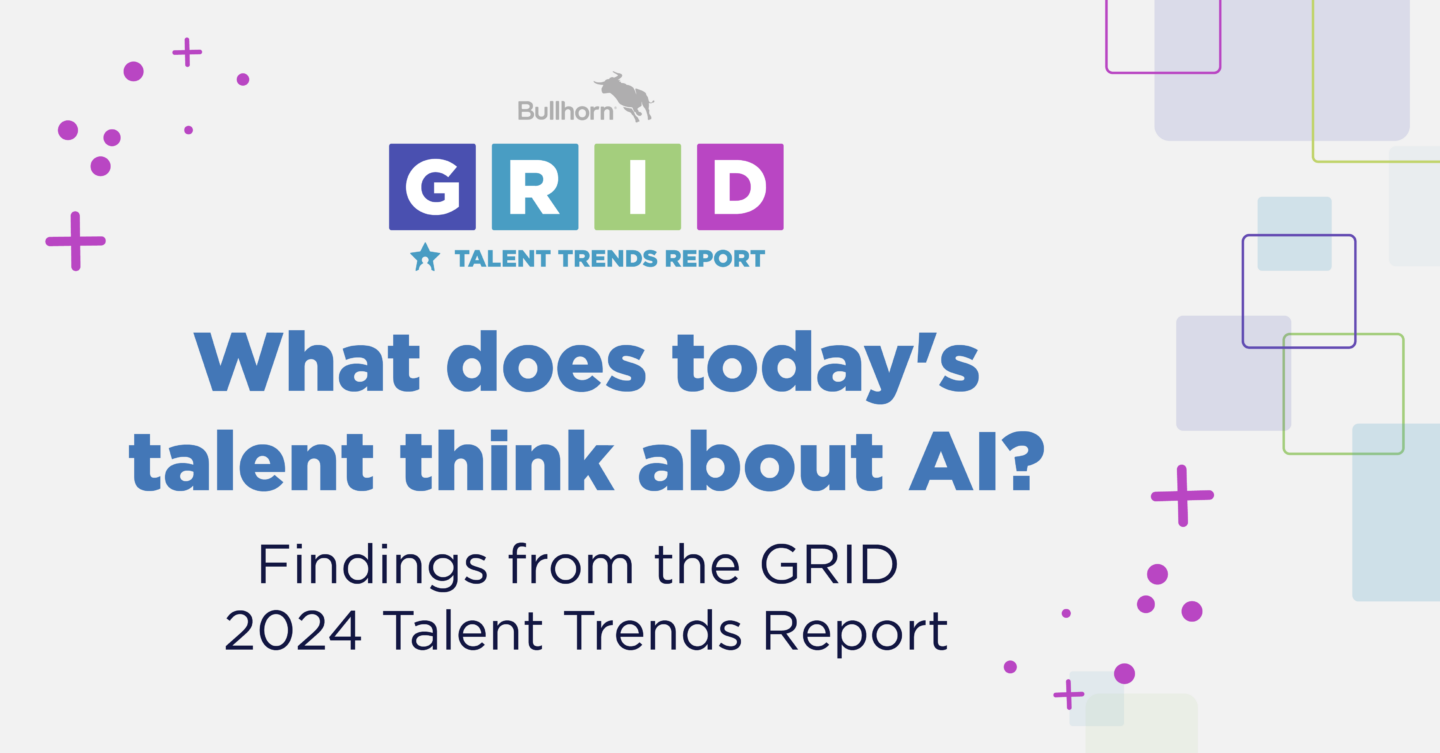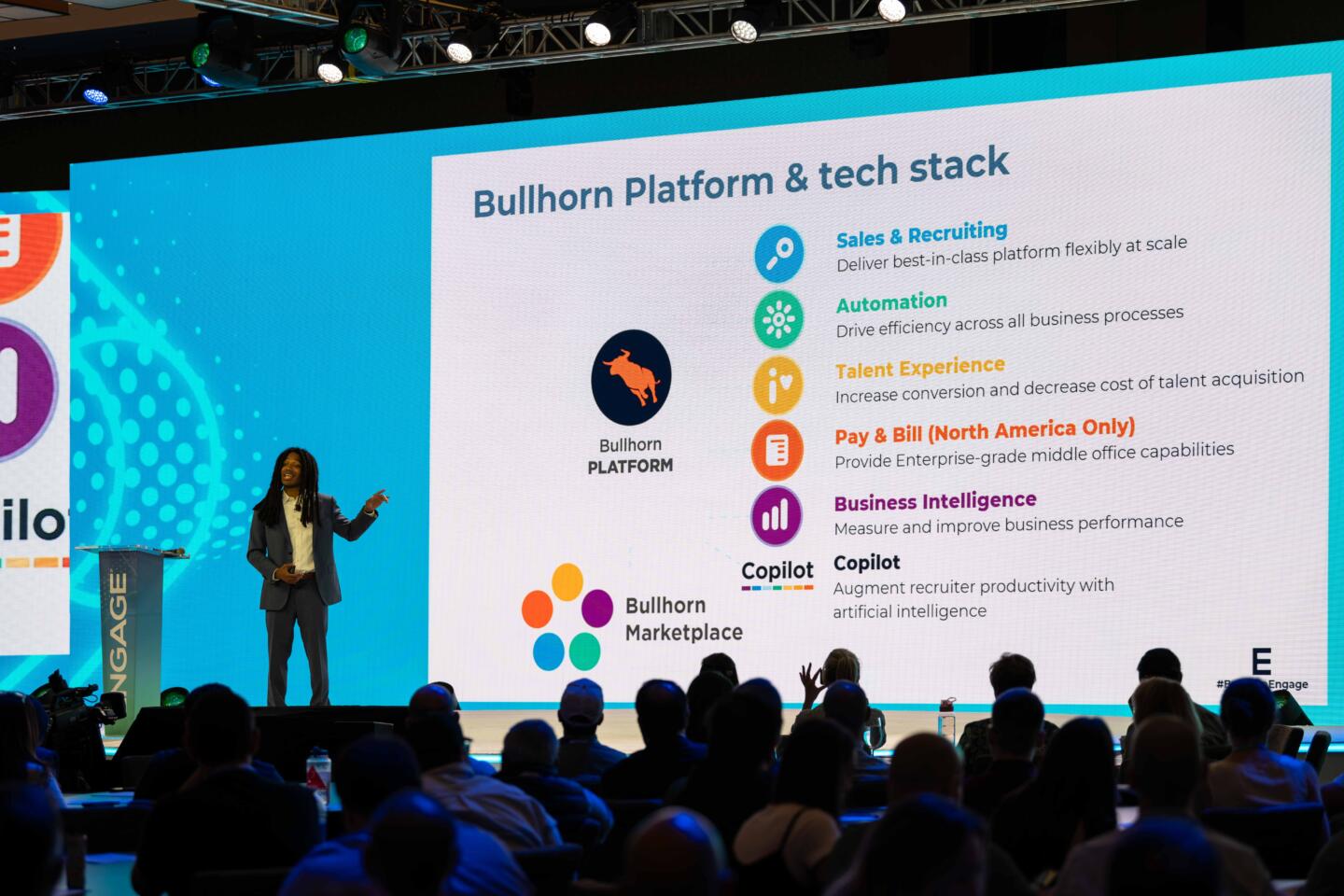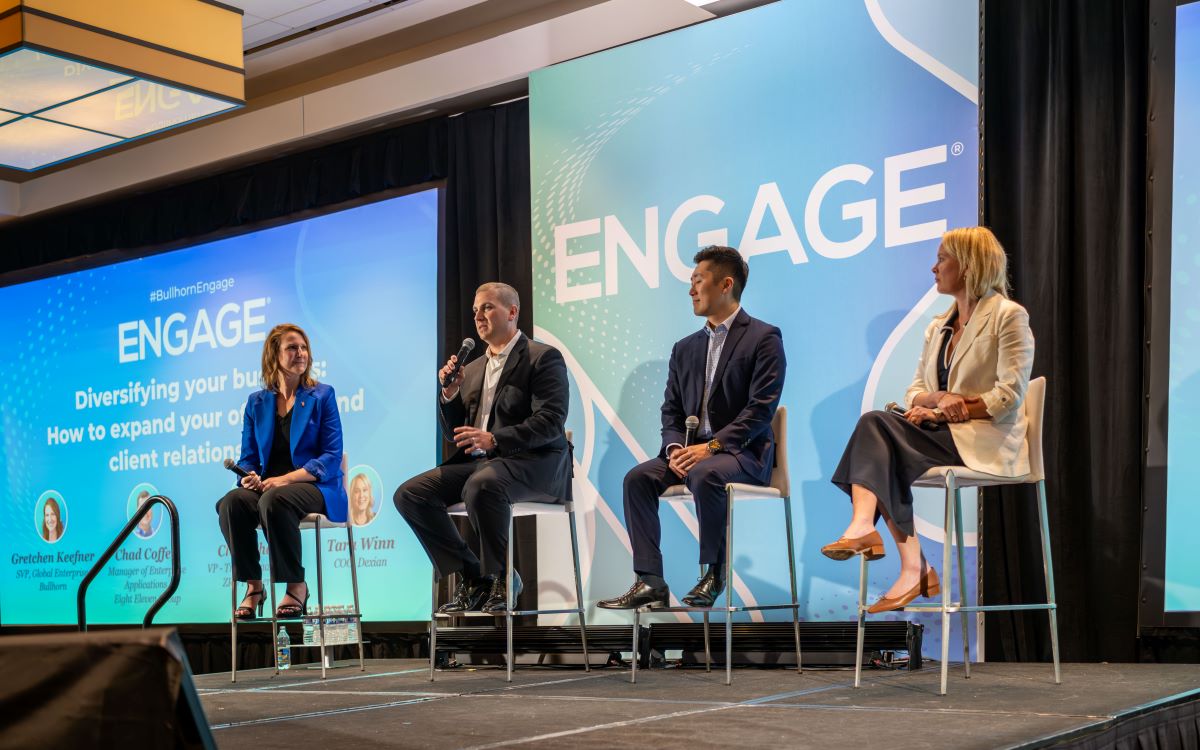The Biggest Misconceptions about Millennial Leadership: An Interview with Wes Gay

Wes Gay, Millennial leadership coach and contributor to Forbes, is an authority on separating fact from fiction when it comes to the woeful Millennial stereotypes with which we are inundated daily. We’ve all heard the same tired accusations—Millennials are flighty, they don’t take their jobs seriously, they’re overly reliant on technology – but I have to imagine that at this point in time, most professionals can take those baseless smears and dismiss them for what they are: sanctioned ageism.
But Millennial leadership, the concept of working for Millennials, and not just hiring them, still continues to confound people by nature of its relative newness. The Millennials that many older generations once dismissed as perennial teenagers have come of age; they are running organizations and assuming positions of leadership. How does one navigate this brave new world now?
I caught up with Wes, who is speaking on this very topic at our upcoming Engage 2017 conference, to get his thoughts on the three most egregious stereotypes he encounters regarding Millennial leaders in his day jobs, and why these misconceptions are so misguided.
“Millennials aren’t old enough to know anything.”
Wes Gay: Most people assume Millennials are 23-year-old hipsters at the local coffee shop. In reality, Millennials are anywhere from 20-37. In fact, nearly 50 million Millennials are over 27. That means nearly 15% of the entire United States population falls within a 10-year span. Some Millennials, then, have been in their career for a decade or more. Since this generation grew up connected to the internet, they know how to learn anything at any time. As the Chief HR Officer of Hilton told me, “Knowledge is no longer the currency of leadership. Realize people younger than you can learn anything you know.”
“Millennials don’t know how to engage people in person.”
Wes Gay: While technology is great, it can make people socially awkward. Why? Because our conversations happen behind a screen. Yet many millennials realize the importance of soft skills and emotional intelligence, especially in leadership positions. In fact, popular online training platform Udemy reports leadership and people skills are the most popular courses among Millennials. We know the value of engaging people well in person, and we strive to do it well.
“Millennials only think in the short-term.”
Wes Gay: Many are aware of Mark Zuckerberg’s “Tour Across America.” He set a goal to visit all 50 states in order to find out what makes community so special and unique. Some say Zuckerberg is laying the groundwork for a 2020 presidential campaign. I disagree. He’s now 32, married, and the father of a young daughter. I think he is now considering the lasting impact of Facebook and how it can be a positive force in the world. Zuckerberg’s journey is one many Millennials are on, though at a much smaller scale. As we get older and have kids, our perspective changes. We consider how our decisions now impact people further down the road.
My Takeaways
In staffing, sometimes it’s easy to assume that we know everything there is to know about the talent we place, but times change and so do dynamics. As more Millennials come of age and assume leadership positions in companies, members of Generation X and Baby Boomers have an opportunity to embrace what makes Millennial leaders effective, and not just focus on tired, baseless stereotypes rooted in old tropes. We’re all better and more powerful when we cut through assumptions.
Want more Wes Gay? Catch him—and more than 40 other fantastic speakers—at Engage 2017.
Engage is the ideal event for exploring the opportunities and challenges associated with accelerating your business growth in the new relationship economy. You’ll learn to build better business relationships and more effectively engage customers, candidates, and employees. We’ll explore the impact of emerging technologies on relationship-based businesses. Now celebrating our 10th year, Engage brings together practitioners and innovative business leaders in B2B services industries including Staffing and Recruiting, SaaS, and Consulting, but is still intimate enough that you’ll see some of your favorite staffing friends.
